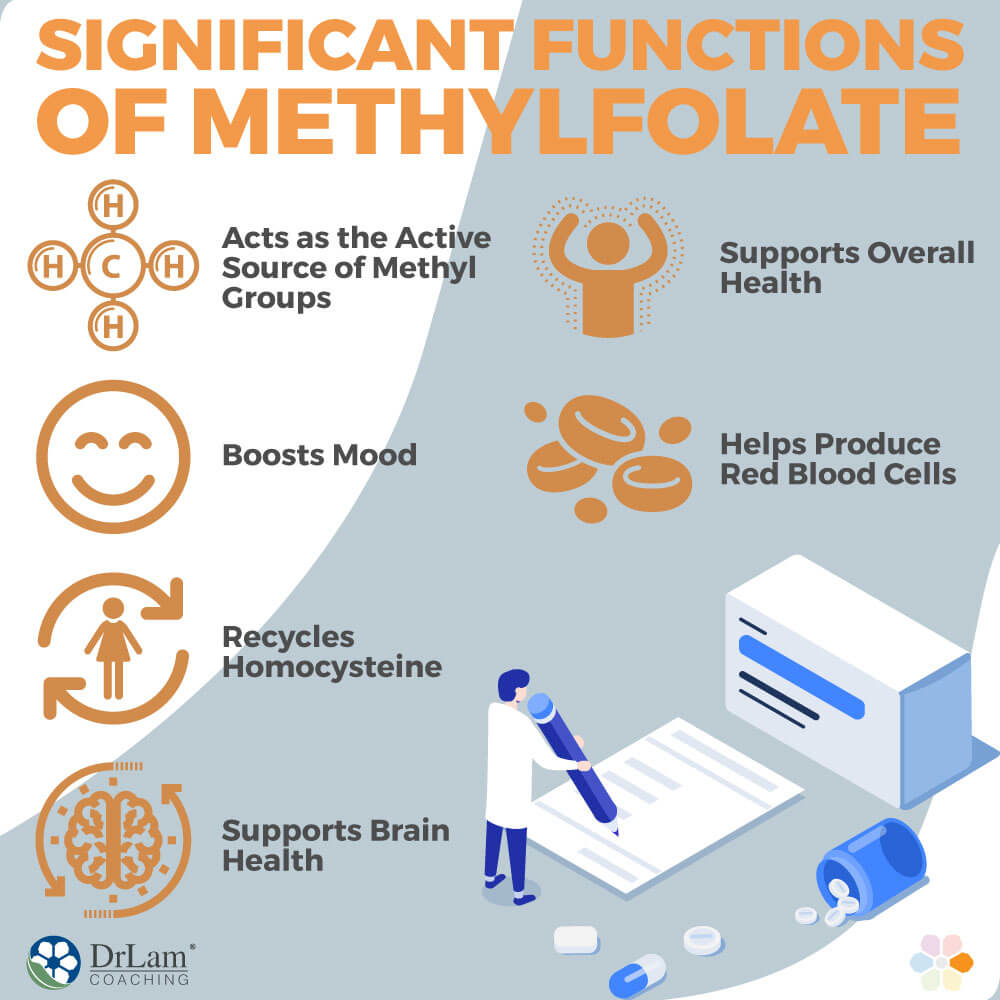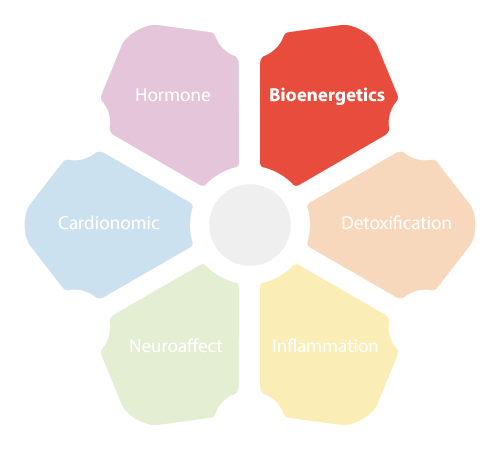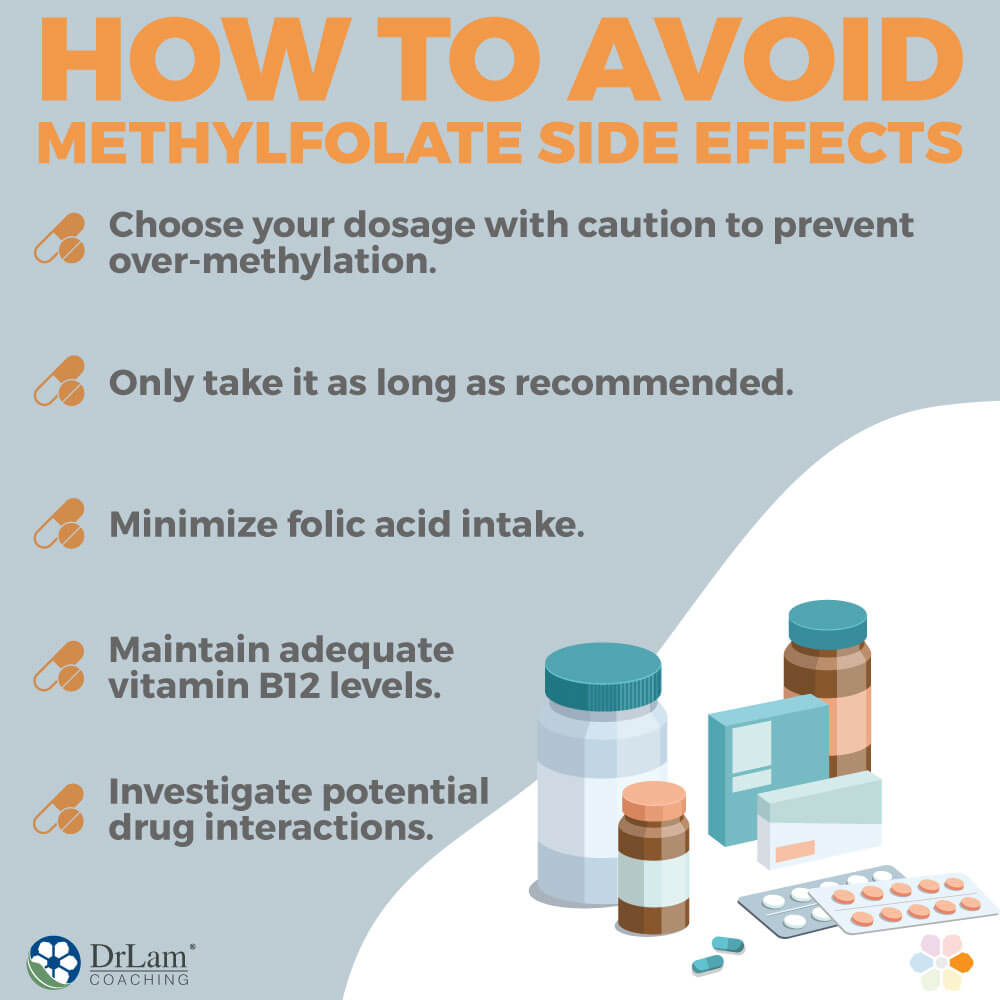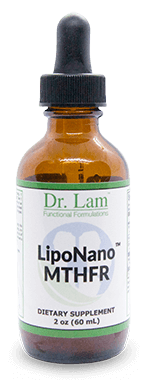
 Nutritional supplements are increasingly gaining importance in today’s society. This is because processed foods have largely replaced real foods, depriving our bodies of essential vitamins, and methylfolate is one of them. As this supplement comes in various forms, it can be tricky to understand. Despite being important for various bodily functioning, methylfolate side effects could lead to serious health problems, doing more harm than good. Therefore, it is important to understand your body’s needs, research the supplement you are considering, and make sure you get the right amount of it at the right time.
Nutritional supplements are increasingly gaining importance in today’s society. This is because processed foods have largely replaced real foods, depriving our bodies of essential vitamins, and methylfolate is one of them. As this supplement comes in various forms, it can be tricky to understand. Despite being important for various bodily functioning, methylfolate side effects could lead to serious health problems, doing more harm than good. Therefore, it is important to understand your body’s needs, research the supplement you are considering, and make sure you get the right amount of it at the right time.
If you’re struggling with this issue, then you’re not alone. It’s one that we encounter fairly often in our personalized nutritional coaching sessions.
Over thirteen vitamins play essential roles in your body’s survival. Amongst them is folate, vitamin B9, which is incredibly crucial in all stages of your life. As your body cannot produce folate, the nutrient needs to be taken from food. Some of the vegetables rich in folate include broccoli, spinach, kale, avocado, asparagus, legumes, rice, green leafy vegetables, and Brussels sprouts.
Your body is also incapable of directly using folate. Therefore, the vitamin must be converted into methylfolate, the purest biologically active form of vitamin B9 that your body can actually use. Methylfolate, also referred to as 5-MTHF, is responsible for methylation throughout your body. Optimal methylation is needed for efficient biochemical reactions in your body related to neurotransmitter production, DNA production, fat production, detoxification, cellular energy, and the function of histamine, estrogen, the liver, and the eyes.
If you have a folate deficiency, then your body does not gain access to adequate methylfolate, resulting in poor methylation and disturbing the bodily functions. Various symptoms of folate deficiency include lack of energy, irritability, constipation, headache, pale skin, anemia, poor immune function, and shortness of breath. Incorporating foods rich in folate or taking supplements can help meet your body’s folate requirements.
Folic acid is the synthetic form of folate. It comes as a supplement and is also found in fortified foods such as cereals, bread, and multivitamins. When you take folic acid as a supplement, MTHFR present throughout your body converts it into active form methylfolate. However, in people with the MTHFR mutation, folic acid is not converted into methylfolate, leading to various health issues. Over sixty percent of the U.S population may have the MTHFR mutation making it hard for their bodies to produce adequate methylfolate. Therefore, in such cases, methylfolate supplements may be helpful. As methylfolate is already in active form, your body can readily absorb the vitamin.

Methylfolate plays a significant role in cognition, mood, behavior, and overall health. Here are some of the key functions of methylfolate:

Despite being an amazing vitamin, methylfolate can cause considerable side effects. It is important to use the supplement at the right time, in the right dose, and do so with the help of a doctor. The side effects of getting this wrong can be very serious, which is why our nutritional coaching team is always very careful about giving each client the optimal amount for their body and health condition.
There appear to be three different types of responses to methylfolate.
Common side effects associated with methylfolate include:
Why it is that methylfolate makes some people feel great the first week, and then starts causing severe side effects? It could be due to pre-existing inflammation, methylation, or other genetic mutations in your body that you are unaware of. When you experience methylfolate side effects then it is highly recommended that you consult your doctor and significantly reduce the dose or stop taking the supplement for a few weeks. Those with pre-existing conditions such as adrenal fatigue are particularly vulnerable to side effects. Fortunately, proper titration can often resolve this with professional help.
 If not taken care of, methylfolate side effects, in the long run, can exert stress on your body. The NeuroEndoMetabolic (NEM) Stress Response System helps your body deal with stress. It is a complex network of multiple organs that connect into six circuits, including the Bioenergetics circuit, which function together to fight stress. The Bioenergetics circuit is comprised of the liver, thyroid, and pancreas. Any imbalance in this circuit can lead to reactive hypoglycemia, mitochondrial disorders, catabolism, insulin resistance, organ resistance, dizziness, and weight gain.
If not taken care of, methylfolate side effects, in the long run, can exert stress on your body. The NeuroEndoMetabolic (NEM) Stress Response System helps your body deal with stress. It is a complex network of multiple organs that connect into six circuits, including the Bioenergetics circuit, which function together to fight stress. The Bioenergetics circuit is comprised of the liver, thyroid, and pancreas. Any imbalance in this circuit can lead to reactive hypoglycemia, mitochondrial disorders, catabolism, insulin resistance, organ resistance, dizziness, and weight gain.
There is a pair of walnut-shaped adrenal glands situated above your kidneys which is also a part of the response system. During stressful situations, the NEM signals your adrenal glands to secrete the anti-stress hormone cortisol. However, constant stress can overburden your adrenals, leaving them exhausted. Therefore, your adrenal glands are unable to secrete adequate cortisol which reduces the natural stress-fighting ability of your body. This can lead to adrenal fatigue.
Frequent extreme fatigue with symptoms such as anxiety, low energy levels, difficulty waking up, insomnia, brain fog, stubborn weight gain, constipation, low concentration levels, or craving for fatty and salty foods indicates that you could have Adrenal Fatigue Syndrome (AFS).
One of the methylfolate side effects is that a high dosage of the supplement can cause overmethylation affecting various organs including the liver and pancreas of the NEM response system. This can affect your body’s stress-fighting ability. Eliminating stressors is a crucial factor in successful adrenal fatigue recovery. Therefore, adrenal fatigue sufferers need to take care to prevent methylfolate side effects. Often, adrenal fatigue sufferers with the MTHFR gene mutation find themselves unable to tolerate supplements, or they find themselves crashing from an overburden of supplements. This is why it is important to find an adrenal fatigue specialist who can help guide you through the supplementation process to get you started on the right recovery process to prevent further crashes.

Before starting with L-methylfolate (5-MTHF) there are several important factors that you need to consider which can help prevent methylfolate side effects.
 Maintain adequate vitamin B12 levels. Before starting an L-methylfolate supplement, make sure your body contains adequate levels of vitamin B, especially vitamin B12. This is essential to ensure homocysteine is broken down.
Maintain adequate vitamin B12 levels. Before starting an L-methylfolate supplement, make sure your body contains adequate levels of vitamin B, especially vitamin B12. This is essential to ensure homocysteine is broken down.When you experience methylfolate side effects, make sure to immediately consult your doctor. Continuing supplementation despite symptoms can prove dangerous. And if you want to learn how to avoid side effects when supplementing, then our nutritional coaching sessions can really help!
Methylfolate is an active form of vitamin B9 that is essential for various bodily functions. Folate deficiency can reduce your body’s methylfolate level. In such cases, taking folate rich-foods and supplements can prove helpful. However, methylfolate is a particularly potent form of the vitamin that bypasses your body’s checks and balances, so it must be taken carefully and under a doctor’s supervision to avoid side effects.
Supplementing without expert guidance can always be risky. You can get this kind of personalized support and guidance with one of our nutritional coaching sessions. We can help you design a dietary plan that includes supplements that are right for you and your condition. And this will help put you on the path towards recovery and better health.
For a free nutritional coaching session with a member of our friendly team, give us a call today at +1 (626) 571-1234 and experience the difference that one-on-one, expert guidance can make.

Effortlessly Balance Methylation Using Methylfolate and Methyl B12 Drops
There are various symptoms associated with methylfolate side effects. When you experience any of the side effects, it is important to immediately consult your health professional. Methylfolate supplements should be stopped under the guidance of health professional.